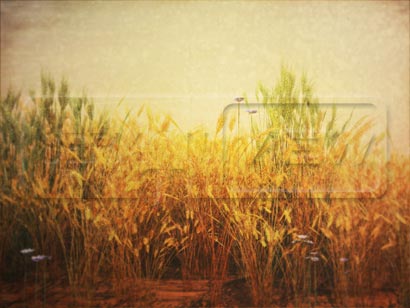18th SUNDAY ORDINARY TIME

RECORDED AT THE AUSTRALIAN CATHOLIC RADIO ONLINE; to listen please click:
http://cradio.org.au/index.php/resources/homilies/18th-sunday-in-ordinary-time/

RECORDED AT THE AUSTRALIAN CATHOLIC RADIO ONLINE; to listen please click:
http://cradio.org.au/index.php/resources/homilies/18th-sunday-in-ordinary-time/
The feeding of the five thousand by Jesus is a miracle most familiar to us. Actually if we have to understand it in a scholarly manner, it is a very complex event loaded with very powerful symbols and meanings which would not fit a regular homily. It is one of the very important events in the life of Jesus recorded by the four evangelists Matthew, Mark, Luke and John. Historically speaking it happened only once but was recorded twice in the gospels, the other one being the feeding of the four thousand. Each evangelist as we know was writing to a particular community, conveying different theologies from each other. John’s is the most highly theologically loaded account. For this Sunday, we have the account as written by Matthew.
For Matthew, Jesus is the figure of the New Moses in the New Testament. Because of this, he is depicted as a shepherd as Moses was a shepherd to the Israelites. We can see this when Jesus gave orders that the people sit down on the grass.
The problematic was: they were on a lonely place and the people were hungry. The disciples’ way out was to send them away so they could go the villages to buy themselves food. But Jesus’s solution was for them to feed the people. Out of the scarcity of the resources they had: there were only five loaves and two fish, Jesus asked that they be given to him. Jesus did not make a miracle out of nothing but rather he asked the help of the community in performing that miracle. Jesus took the loaves and the fish, prayed and said the blessing. After breaking the bread, he gave them to his disciples who in turn gave them to the crowds. It is important to note that Jesus raised his eyes to heaven and said the blessing which ushered in the miracle. Now he needed again the assistance of his disciples to distribute the loaves and the fish to the people. They all ate as much as they wanted and there were left over of twelve baskets.
This miracle is the prefiguration of the Eucharist. Although the fish would not be used during the Last Supper which is the actual Eucharist, it has been used since the primitive Church as the symbol of the Eucharist together with the bread and wine.
At this very moment, hundred of thousands Filipino families lost their homes because of a recent typhoon and they are hungry. At the other side of the globe, more than 800,000 African children are dying of hunger because of drought. The world has witnessed since the time immemorial the starvation of humanity. As we listened to the miracle of the multiplication of the loaves and fish this Sunday, what is the relevance of this to thousands of people dying every second, every minute around the world? We face today the same problematic that was present during the time of Jesus: people are hungry! And once again the words of Jesus reverberate to us: give them something to eat yourselves.” And just like the disciples, we could only present our scarcity.
The starvation in some parts of the world maybe political and sometimes caused by nature but we are challenged as a Christian community not be indifferent wastrels. “It is not Christian, it is not human to deny a loaf of bread needed by a human family” (John Paul II). As we celebrate our Eucharist, may our lives be a broken bread to others so that in their hunger, they may experience a loving God who continues to incarnate himself as food for the hungry world.

